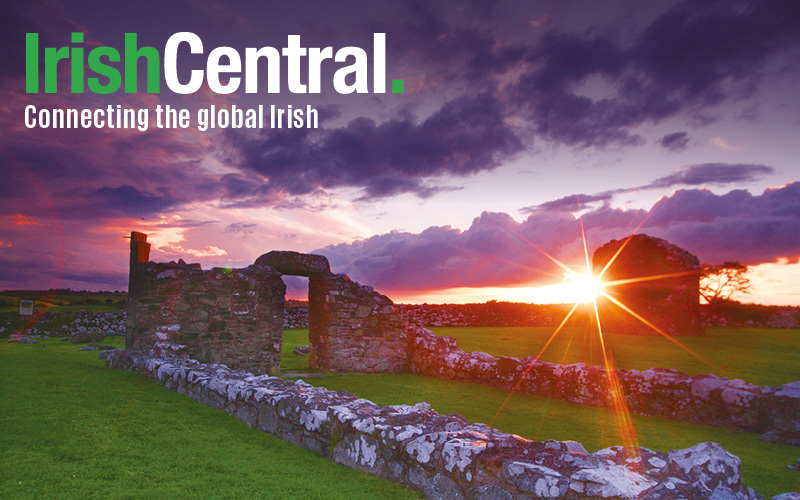When Ken Saro-Wiwa once demanded the right of native people to rule themselves and own their own natural resources, he was doing so against the super-human powers of Shell corporation in their quest to exploit and take Nigerian resources.
Similarly Shell is a major stakeholder in the Corrib gas pipeline saga of County Mayo in the west of Ireland. The mural above depicting Wiwa is from Ireland. Watch the video below for a better sense of how the Nigerian experience precedes and warns the Irish.
Saro-Wiwa is an immortal poet, he was a writer, and an Ogoni leader and he has since been murdered by a government fulfilling the wishes of its corporate masters. Now that same corporation--Shell--and its conglomerate of extra-national legal entities has found Ireland to work over. Saro-Wiwa was arrested, tortured and executed by law to the benefit of Shell administrators who used Nigeria's debt to leverage a stake (total control) of Nigeria's energy resources.
Saro-Wiwa was an indigenous rights activist like Pádraic Pearse or Rigoberta Manchu, two figures regularly invoked by native-rights activists around the world. The mural of him above is by Chris Philbin & John Monaghan depicting a typically celebratory Ken Wiwa and it's to be found in a County Mayo Gaeltacht called Ros Dumhach.
The mural is a translation of Wiwa's advice for the revolutionary into Irish:
damhsaigh d'fhearg dance your exasperation
damhsaigh do ghliondar dance your euphoria
damhsaigh na gunnaí dance the guns
chun suain to soothing
damhsaigh dance
damhsaigh damhsaigh
damhsaigh dance
The lessons learned by native-rights groups watching Shell exploit western Africa, are being applied to the west of Ireland. As the murdered Nigerian leader's brother said:
Ireland should not negotiate away it's environment for the sake of a few jobs
— Dr Owens Wiwa, brother of the executed Nigerian poet Ken Saro Wiwa
Mayo is the target of an oil cartel's plans which would pump 1 trillion cubic feet of natural gas from a reservoir discovered 80 km off the coast to a station inland at Dún Ceartáin "Dooncarton" or Gleann an Ghad "Glengad", in the barúntacht Iorras "Erris" in the northwest part of the county. The station in Mayo would refine the gas for sale and export, but the native population is being left out of all the deal-making. 1200 Cill Cháimín "Kilcommon" residents are demanding the project incorporate their needs, and rights of ownership. Plans to refine the gas at Béal an Átha Buí "Bellanaboy - mouth of the yellow ford" will ruin the area, making it dangerous and unlivable without compensation, and Mayo citizens are not about to be pushed around as they saw happen to the Ogoni.
Garda Síochána are cited by numerous protesters human rights groups for using excessive force at the direction of those few money-making decision-makers who direct events and defend against native opposition. Opponents are various and some wish to see the project nationalized so as to provide the Irish with energy and revenues in this world wide financial unraveling. Meanwhile the Gardaí have set up an operation around Corrib that is often the biggest police operation going on in the country at any given time, costing tax payers as much as went into the anti-crime units battling mafias in Ireland. Violence by Gardaí has entangled the government in human rights charges, while denying protestors the right to redress grievances on the ground.
The pipeline that would carry the gas the 9km from the coast to Glengad is being built in the middle of a forest, the Irish tree authority, Coillte, had once set aside in efforts to reforest those lands deforested by administrators of yore. The pipeline is being dug through populated communities, with no regard to the rights of people who have lived there for generations and who own the land. And its happening against a Gaeltacht that could exploit the resources for regional renewal, rather than corporate exploitation and off-shore profit taking.




Comments